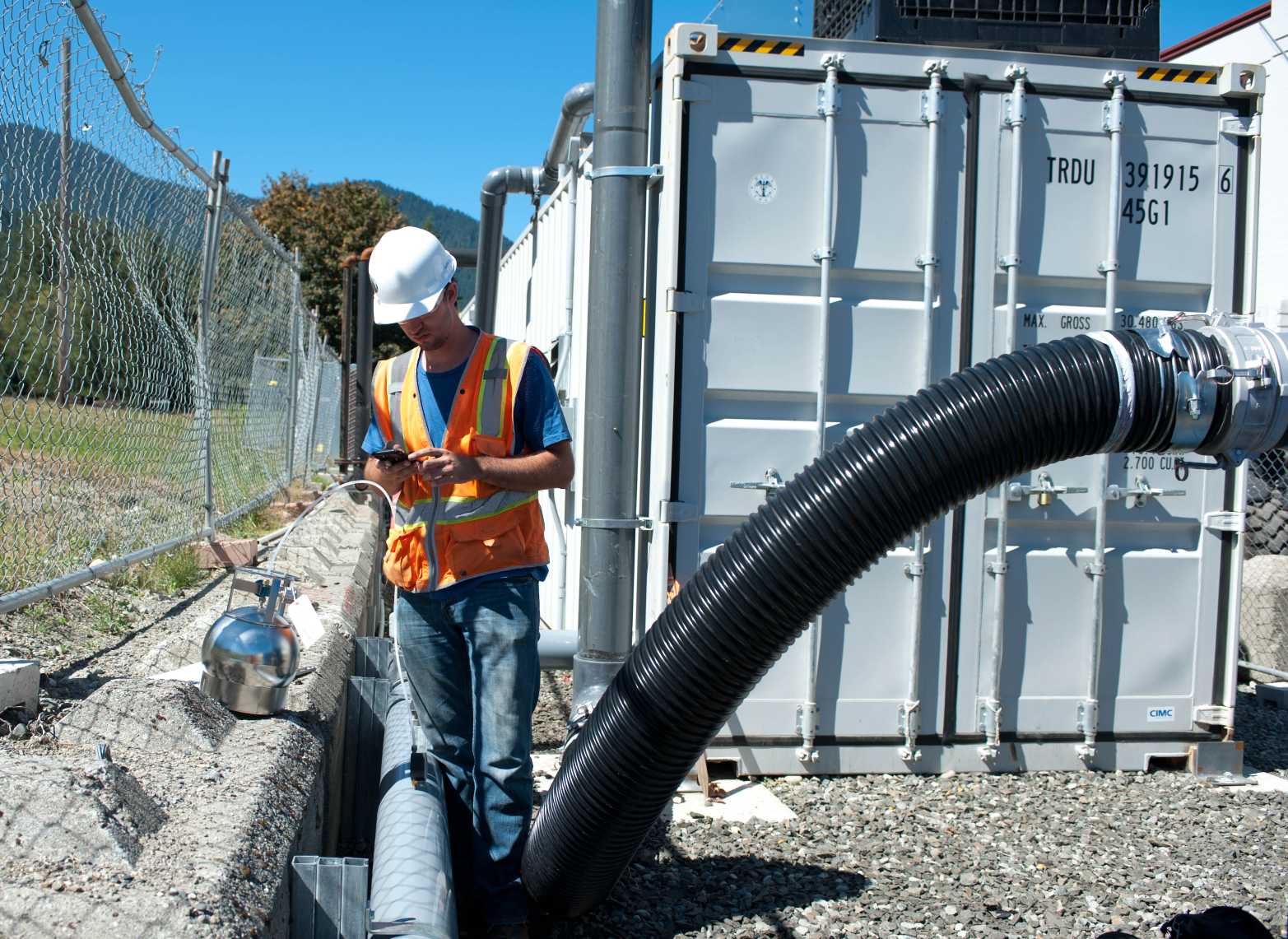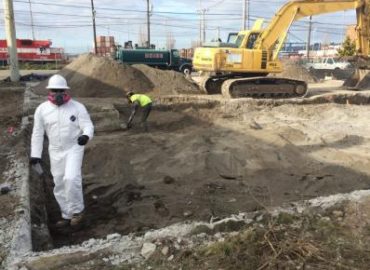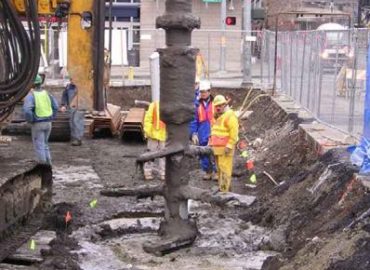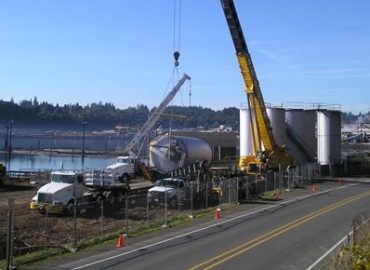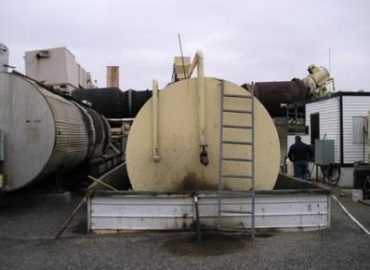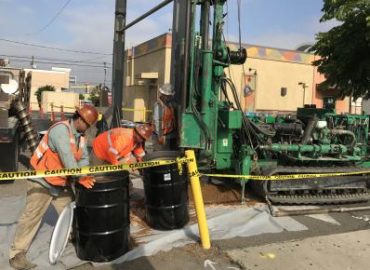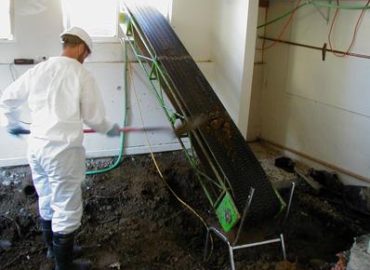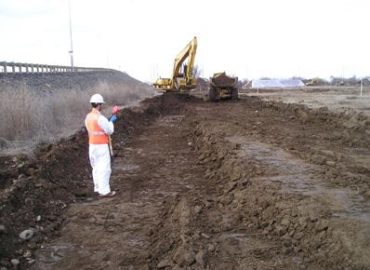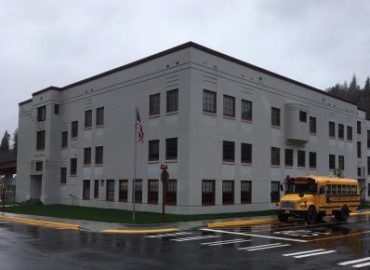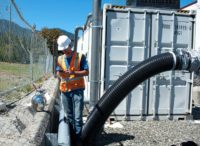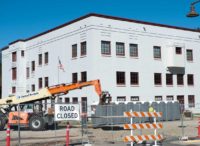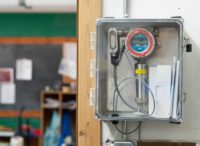Regulatory agencies often require studies, which are a useful first step in the design process. We conduct Feasibility Studies to evaluate the comparative effectiveness, practicality, timeliness, and costs for potential remedial alternatives that are appropriate for specific contamination scenarios. In our Feasibility Studies, we always consider the simplest and least invasive remedial alternatives that use natural processes and monitoring. When appropriate to meet our clients’ needs, we also evaluate remedial alternatives that can be implemented on the fast-track to manage existing risks quickly and achieve other short-term objectives. Every one of our Feasibility Studies includes rough-order-of-magnitude cost estimates based on industry standards, current rates, and recent project experience.
We understand that in-depth knowledge of site-specific conditions is essential for developing a remedial design. Our Engineers regularly perform treatability and pilot studies that use bench-scale and field testing to further evaluate technologies selected based on Feasibility Studies. These studies provide data that are accurate and ultimately useful for understanding the benefits, limitations, costs, and timelines for remediation at full scale. In this manner, our treatability and pilot studies help control the uncertainty inherent in complex environmental systems and provide our clients with valuable information for financial and operations planning.
Our Engineers are experts at preparing remedial designs – from conceptual through 100 percent construction plans – that meet regulatory requirements, achieve cleanup objectives, minimize impacts to existing facilities, and dovetail with property redevelopment. We work with our clients to address the unique challenges of each project. We have unique experience implementing and operating remedial systems, and then collecting and analyzing performance-monitoring data. This experience helps us design remedial systems that expedite achieving cleanup objectives and site closure.
